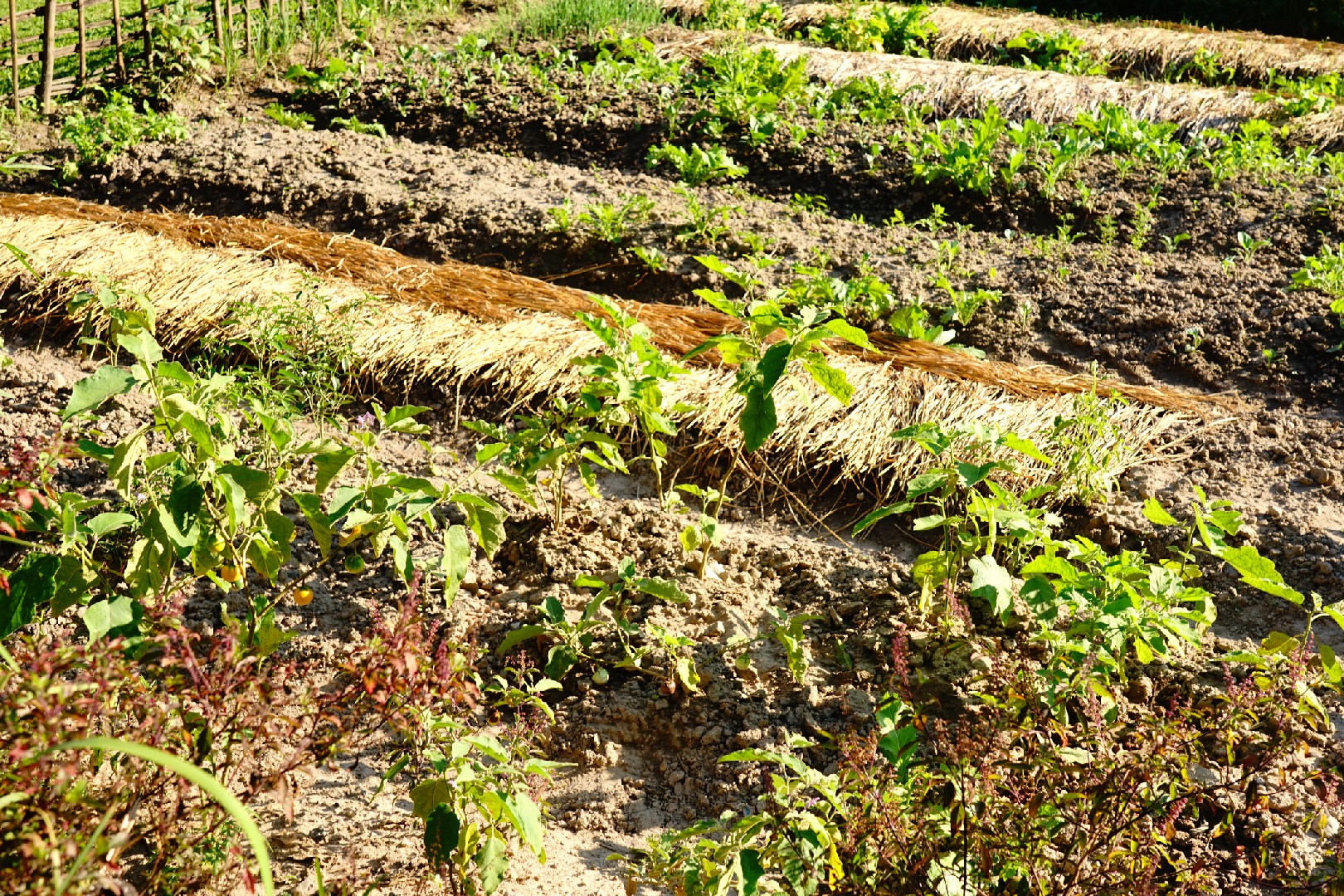![Rectangle]()
Beyond Natural: The Unique Advantages of Synthetic Mulches
When it comes to gardening, mulching is an essential practice that helps maintain the health and productivity of plants. While natural mulches such as straw, hay, or wood chips have been widely used for centuries, synthetic mulches have emerged as a modern alternative with unique advantages.
One of the primary limitations of natural mulches is their durability. Over time, they tend to break down and decompose, requiring frequent replacement. Synthetic mulches, on the other hand, are made from durable materials such as plastic polymers or rubber. These materials are specifically designed to withstand various weather conditions and can last much longer than natural mulches. This not only saves time and effort but also reduces the need for frequent mulch replacement.
In addition to durability, synthetic mulches excel at moisture and nutrient retention. They are engineered to form a barrier between the soil and the environment, minimizing evaporation and preventing the loss of water and essential nutrients. This is particularly beneficial in arid regions or during periods of drought when water conservation is crucial. By conserving moisture, synthetic mulches help plants thrive even in challenging conditions.
Weed control is another significant advantage offered by synthetic mulches. Unlike natural mulches that can harbor weed seeds and provide an ideal environment for weed growth, synthetic mulches prevent weeds from sprouting. The barrier they create acts as a physical deterrent, effectively suppressing weed growth and reducing the need for manual weeding or herbicides. This not only saves time and effort but also promotes healthier plant growth by minimizing competition for resources.
Synthetic mulches also contribute to reducing pests in the garden. Some types of synthetic mulches, such as those treated with insecticides or repellents, can effectively deter pests from attacking plants. This can be particularly beneficial for organic gardeners who prefer to avoid the use of chemical pesticides. By incorporating synthetic mulches into their gardening practices, they can protect their plants while maintaining an organic approach.
Furthermore, synthetic mulches provide thermal protection to plants. They act as an insulating layer that helps regulate soil temperature, keeping it cooler in hot weather and warmer during colder periods. This is especially valuable for plants with shallow root systems or those sensitive to temperature fluctuations. By maintaining a stable and optimal soil temperature, synthetic mulches create a favorable environment for plant growth and development.
To make the most out of synthetic mulches, it's important to choose the right type and apply them correctly. Some common types include woven polypropylene, black plastic, and rubber mulches. It's advisable to consult local gardening experts or research online to determine the most suitable type for your specific needs and climate.
In conclusion, synthetic mulches offer several unique advantages over natural mulches. Their durability, moisture and nutrient retention, weed control, pest reduction, and thermal protection make them a valuable tool for modern gardeners. By incorporating synthetic mulches into their gardening practices, enthusiasts can enjoy healthier plants, save time and effort, and create a more sustainable garden environment.





